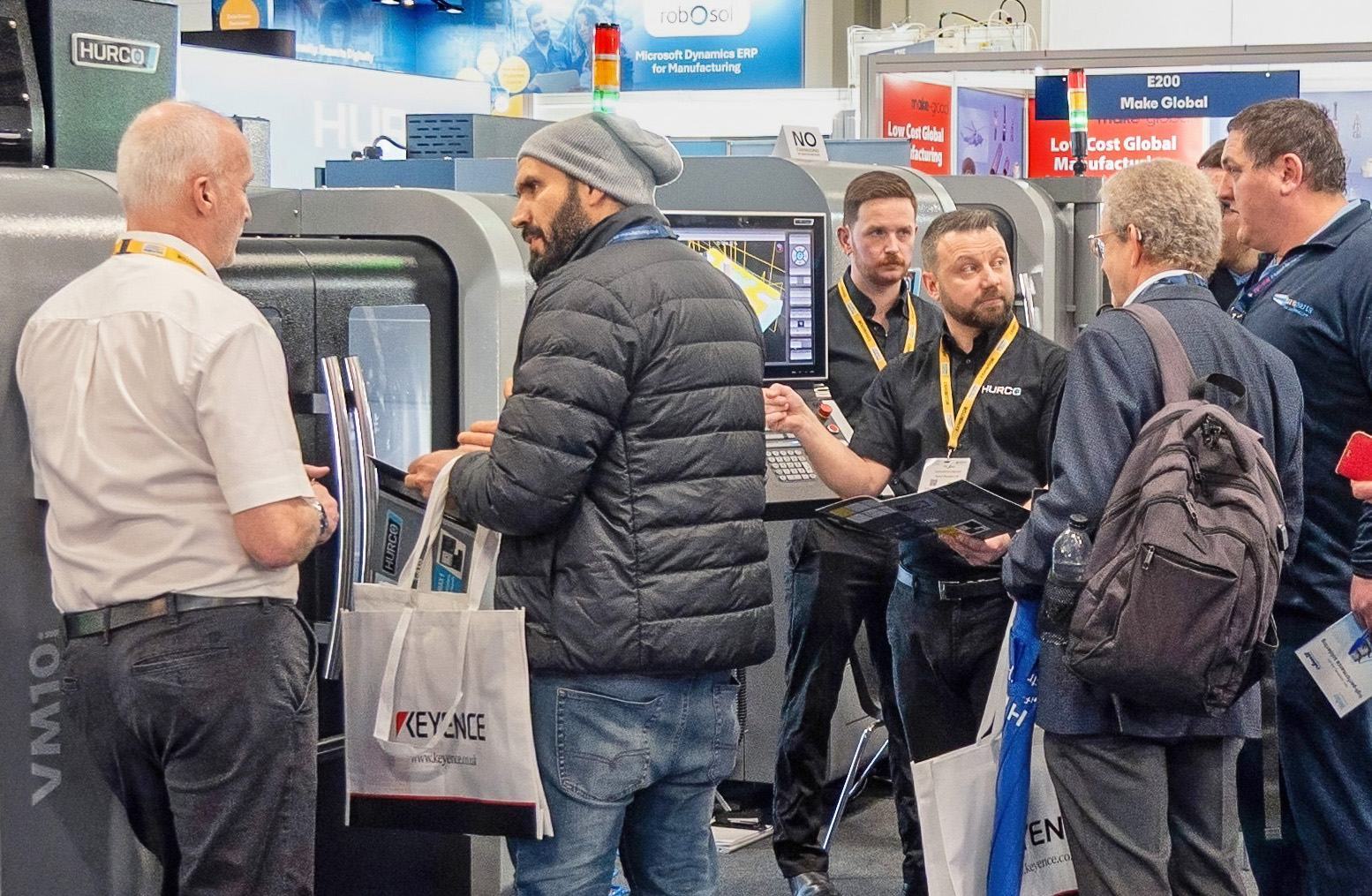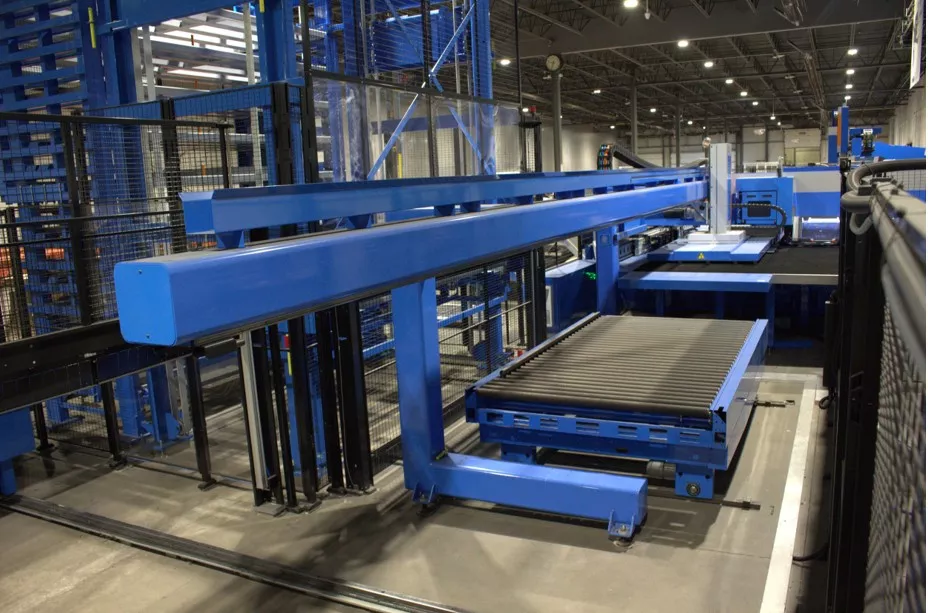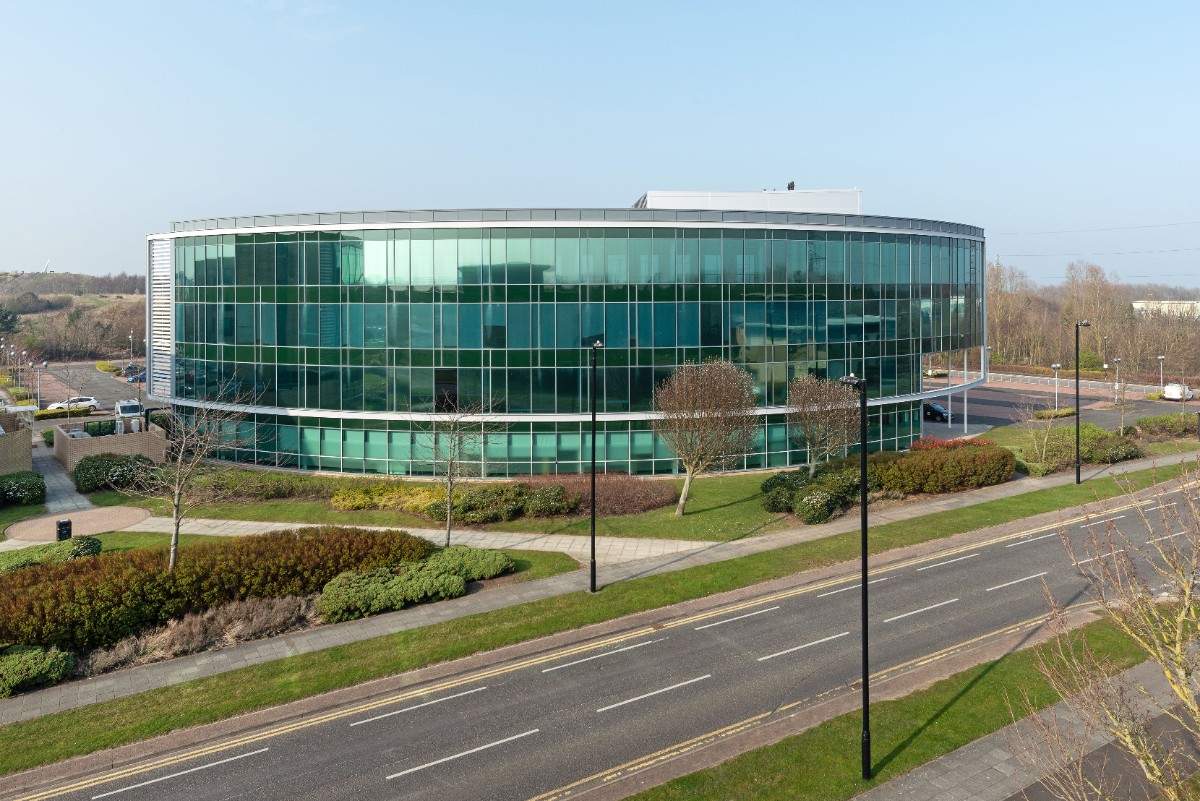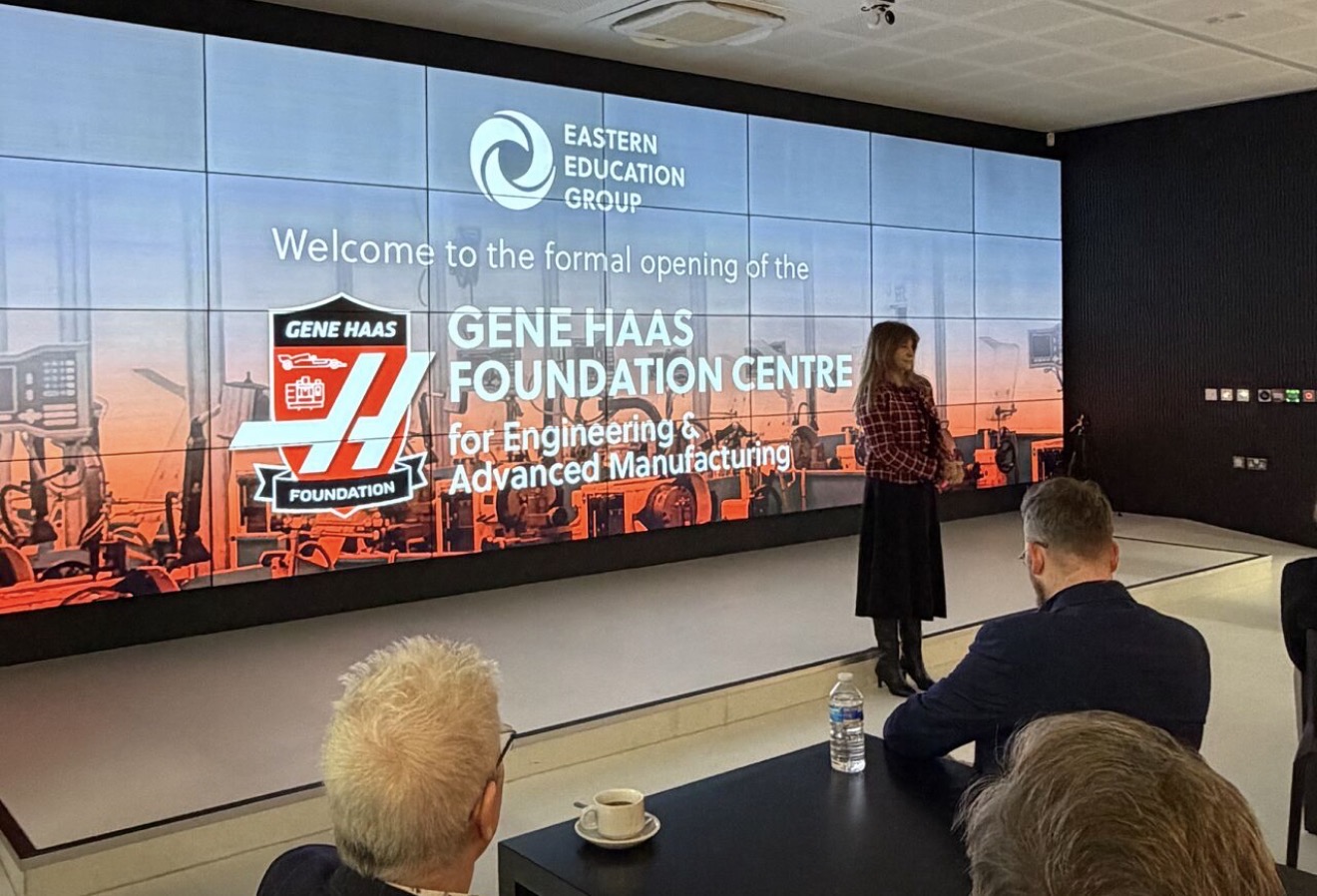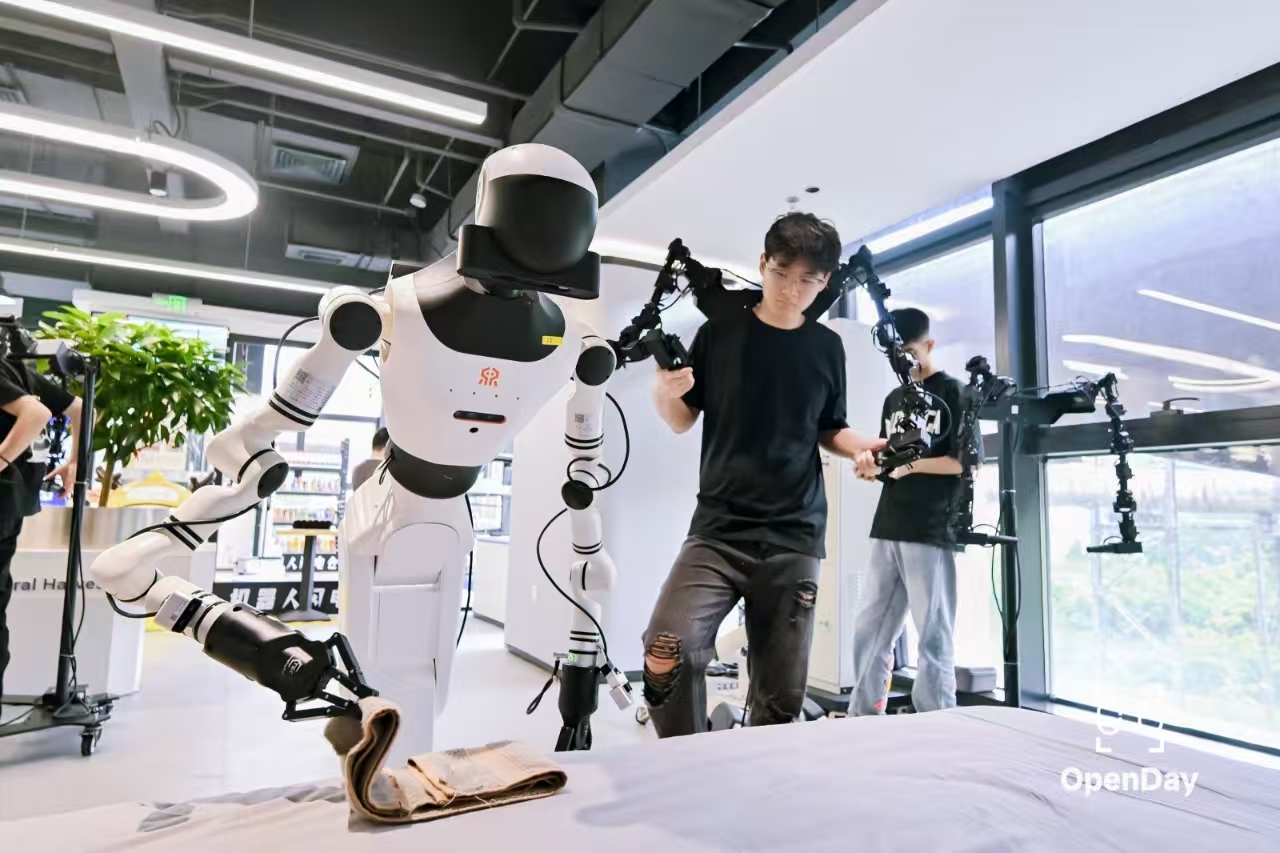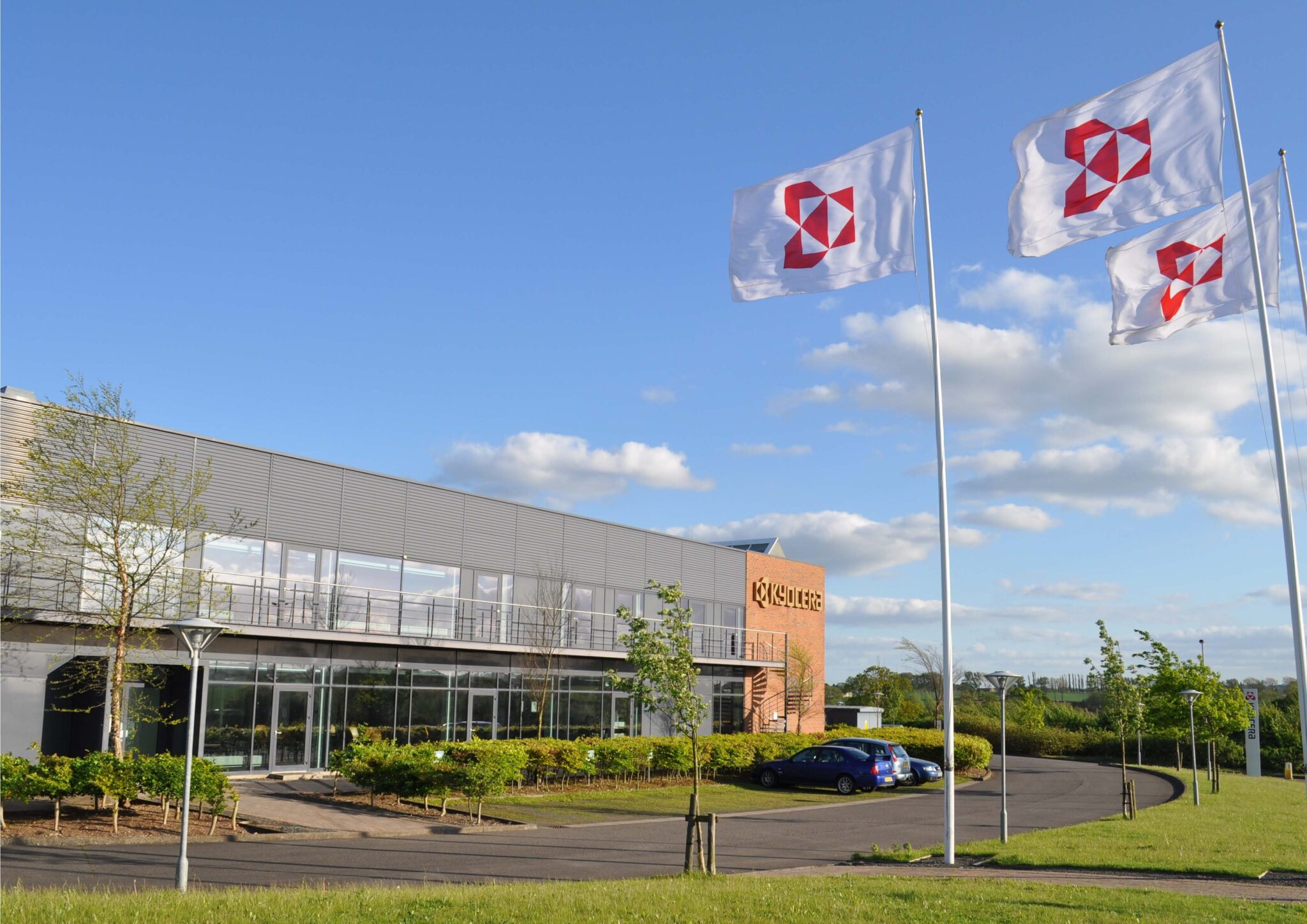Let’s Talk Training – MTA trains its sights on skills

Technical Editor Steed Webzell chats with key MTA figures about the launch of MTA Training, a brand new platform with the potential to supercharge the skills of its members
The Manufacturing Technologies Association (MTA) is launching a new training platform at MACH 2024 (NEC, Birmingham, 15-19 April), allowing members to access a wide range of ‘soft’ and technical training opportunities for their entire workforce at preferential rates. The courses span everything from health & safety and crisis management to turning and surface grinding. Training through MTA Training will be available online, in the classroom or face-to-face at member facilities.
“We consider ourselves very lucky as a not-for-profit organisation with members who are at the leading edge of their technologies; members who can identify what type of training is most useful,” explains James Selka, the MTA’s CEO.
Daniel Reed, Education and Skills Manager at the MTA, adds: “With the launch of MTA Training we wanted to look past what’s available at colleges and other further education [FE] institutions. So we worked with our members to develop a package of training that caters to actual needs. Moving forward, we’ll continue working with our members to identify requirements for the next five and even 10 years, and collaborate to ensure delivery.”
The so-called ‘skills gap’ is of course a common source of pain for many UK businesses. Engineering and manufacturing are extremely broad subject areas, so finding ideal candidates who tick every box is increasingly difficult. Today, it’s more about identifying individuals with the right aptitude and a penchant for learning.
Steve Shickell, Sales, Marketing and Service Director at LK Metrology and a member of the MTA steering committee for skills and training, says: “Some SME manufacturers might not have a budget for training, but with MTA membership they can access funding, subject to qualifying criteria.”
Good things come in threes
There is a saying that manufacturers only need three things to make a productivity gain: technology; the skills to acquire and deploy that technology; and finance. If all three are in place there’s a good chance of achieving a step-change improvement. In contrast, if one element is missing it can prove a genuine barrier, skills being a case in point.
“We often encounter smaller companies who are desperate to become more competitive by looking at automation or additive manufacturing, for example, but simply don’t know where to start with the technology or skills,” says James Selka. “It’s one of the reasons why we’ve significantly expanded our Knowledge Hubs at MACH this year. All the Knowledge Hubs at the show will be run by brand-agnostic experts who’ll be available to provide visitors with expert advice.”
Academic or hands-on?
Many people in life fall into one of two categories: academic or hands-on. The problem with engineering is that people need a bit of both. And while this was probably the underlying premise for the establishment of T-Levels, some teenagers can struggle to concentrate at school and instead develop later. MTA Training offers the potential to mop up some of these late bloomers with the help of its expert member companies.
“To provide an example from my perspective at LK Metrology, we see a massive shortfall of GD&T [geometric dimensioning and tolerancing] training in the market,” says Steve Shickell. “GD&T is there to help manufacture products right first time, so it’s a notable skills gap. For this reason, we’re now thinking we can maybe develop something for those seeking training in this area.”
Daniel Reed adds: “Many of our members offer excellent advanced training courses and, in the future, we plan to offer some of these courses via the MTA platform.”
Defining the need
While many manufacturers complain about the skills gap, some struggle to define their actual training requirements, which is where the MTA Training portal can help by providing access to many learning possibilities in one place.
“If a particular training need is not available on the platform, we’ll act as a conduit to find and introduce it,” says Daniel Reed. “We’ll talk to partners around the world and work tirelessly to support our members.”
The MTA says its members will likely save in the region of 20% when acquiring technical training from the new platform against sourcing it themselves.
Steve Shickell outlines why some courses may offer even greater savings: “With the ever-increasing movement in the labour market, many companies may have the requirement to train one of their employees. However, many training providers only offer a standard course for four people, and therefore will still charge the full cost regardless of just one attendee. In contrast, we are now holding courses for people from individual companies so that they pay per person, which can represent a 75% cost saving.”
Regional approach
Although the MTA is working with Make UK, which has state-of-the-art training facilities, it’s also looking to network with FE colleges and UTCs (University Technical Colleges). When these institutions are not open to students, they can open for MTA Training, thus taking the whole platform to a regional level.
The MTA Training offer comprises multiple threads. Online training will be available immediately following the MACH launch. Numerous online compliance training courses already feature on the platform, including GDPR (General Data Protection Regulation), cybersecurity, fire safety, hybrid working and inclusive leadership. The number of training courses available is likely to grow considerably moving forward.
In addition, MTA Training can offer classroom-based compliance training in wide range of subjects, including first aid, health & safety, and crisis management. These courses are also available for delivery at member facilities.
As a further offer, the MTA worked closely with industry experts to develop a package of training based around so-called soft skills.
“Courses here include Modern Service Ambassador, Modern Inspirational Leadership and Introduction to Consultative Selling,” says Daniel Reed. “These skills were maybe not written down in years gone by, but simply passed down the generations verbally. Many of these courses are completely unique and not available elsewhere.”
The Modern Service Ambassador course, for example, is for service engineers, project engineers or other support personnel who make regular customer visits. This two-day workshop provides delegates with a range of customer-focussed consultative communications skills to build customer satisfaction, handle challenging situations and identify opportunities to increase business.
Technical courses are also available via the MTA’s collaboration with Make UK, including turning, surface grinding and an introduction to 3D CAD.
“Whatever the requirement, manufacturers will almost certainly find it on the MTA Training portal,” concludes Daniel Reed. “And if it’s not there, we’ll do our best to introduce it as soon as possible.”


